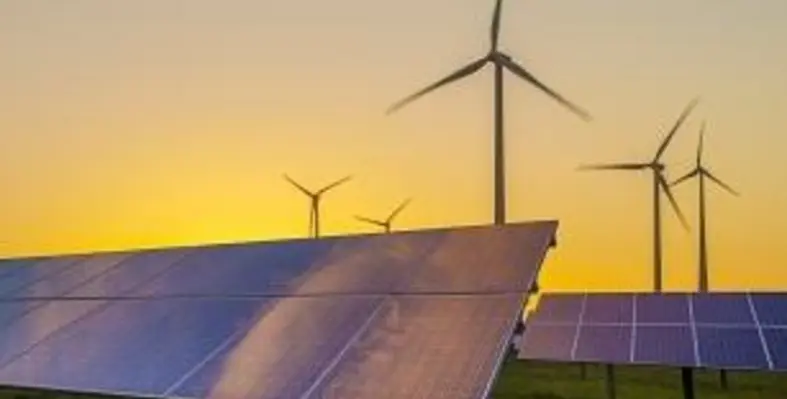At the opening session for EnergyNet’s combined digital experience, the Powering Africa Summit and Latin America Energy Forum proved to be an exceptional start to what promises to be an informative week of interactive boardroom discussions
The BBC chief international correspondent, Lyse Doucet, moderated the discussion with leading ministerial speakers from both regions and a host of US international interdepartmental agencies, focusing on economic policies and major infrastructure projects across both continents.
Setting the tone for the coming week were two key features – innovation and inclusivity, and with these, four initiatives emerged:
• Climate change initiatives – how carbon zero ambitions are being played out in national energy plans
• How different countries can better cooperate to construct more conjoined regional initiatives
• The need for public and private sectors to work together to produce a more lucrative landscape for bankable energy projects
• How these strategies can play out upon a backdrop of Covid-19 recovery.
Addressing the climate change issue first, participants agreed that in a logistical sense, there are numerous to overcome, yet the actual results of a successful energy transition will lead to a brighter future for people from all backgrounds.
H.E Honourable Stuart Young, Minister of Energy and Energy Industries in Trinidad & Tobago, said, “It’s vital we find a solution, as we need to leave something positive behind for our children and our children’s children.”
Mark Carrato, Power Africa coordinator, echoed that his children do not question when they turn on a light or enter a health clinic, and that it is vital that these privileges become universal as a result of this generation’s energy transition strategies.
To make renewable projects viable, bankable and attractive, the ability to leverage both the public and private sector is a strong opening wish under the banner of cooperation. But to compound that more logistical or administrative aspect, there also needs to be stronger geographical or regional alignment.
What became most apparent was African countries are endeavouring to take the lead on renewable energy. H.E Honourable Lefoko Moagi, Minister of Mineral Resources, Green Technology & Energy Security, Botswana, spoke proudly about his country’s promotion of alternative energies and not just with their recently announced mega-solar project with Namibia, but also utilising biogas, and plans to be a major exporter of energy in years to come.
Yet in the LATAM region the transition over to renewables is not an easy one. With many nations, energy is predominantly based on oil and gas, and yet Young, said his country is focused on increasing green sources, and to be one of the leaders in the region.
The panellists noted that intention is no longer an issue. And this intention to create a greener, cleaner and more secure energy future, must now be compounded by the means to enact change. As Doucet, concluded these changes may need to be “systemic, institutional, personal, cultural, political, geopolitical and technological,” but it isclear that “a transition is definitely beginning.”
You can find out more at: https://poweringafrica-summit.com/ and https://energynet.co.uk/latin-america-energy-forum
For further information contact:












